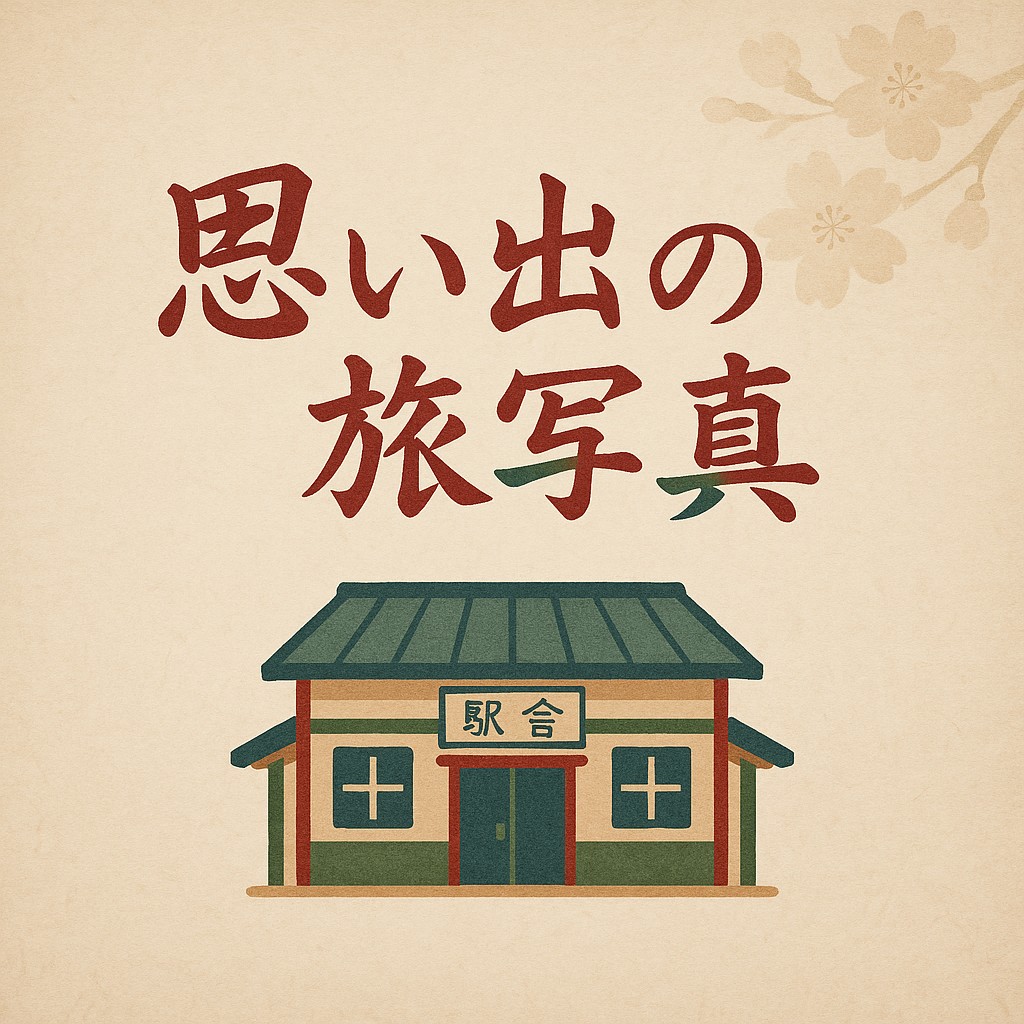「sure」と「indeed」の違い
| 単語 | 意味 | トーン | よく使う場面 |
|---|---|---|---|
| sure | もちろん/いいよ/確かに | カジュアル・フレンドリー 😊 | 日常会話、返事、同意 |
| indeed | 本当に/まさに/確かに | フォーマル・強調 💡 | 強い肯定、文章、感情をこめたいとき |
🔍「sure」の詳しい使い方
- Yesの代わりに:
A: Are you coming?
B: Sure!(行くよ!) - 「いいよ」「OK」の意味で:
A: Can you help me?
B: Sure!(もちろん!手伝うよ) - 皮肉っぽく使うことも:
A: I’ll totally win next time.
B: Sure you will…(はいはい、できたらね〜)※ちょっと皮肉 - 名詞の前に置いて「確かな」意味に:
That’s a sure sign of spring.(それは春の確かな兆しだ) - 副詞として使うと「確かに」:
He sure talks a lot.(彼はほんとによくしゃべるな〜)
「just」「still」「even」「yet」の違い
| 単語 | 基本の意味 | よく使う場面 | 例文 |
|---|---|---|---|
| just | ちょうど/たった今/単に | 時間・理由・強調 | I just finished my homework.(たった今終わった) |
| still | まだ(続いている) | 状態が継続中のとき | I’m still working.(まだ仕事中) |
| even | 〜でさえ/意外にも | 驚きや強調 | She even cooked dinner!(料理までしてくれた!) |
| yet | まだ(完了していない)/もう | 否定文・疑問文に多い | I haven’t eaten yet.(まだ食べてない) |
🟡 補足説明
- just: 時間的に「たった今」だけでなく「単に〜だけ」の意味にも → It’s just a game.
- still: 「まだ」だけど、**継続している状態**にフォーカス → He still loves her.
- even: 強調で「〜でさえ」 → Even my dad cried.(お父さんでさえ泣いた)
- yet: 主に否定文や疑問文で使う。「まだ〜してない」「もう〜した?」のイメージ
「a + 動詞」の形で状態を表す英単語
| 単語 | 元の動詞 | 意味・状態 | 例文 |
|---|---|---|---|
| awake | wake | 目が覚めている状態 | I’m still awake at 2 a.m. |
| asleep | sleep | 眠っている状態 | He is fast asleep. |
| alive | live | 生きている状態 | Is the fish still alive? |
| afloat | float | 浮かんでいる状態 | The boat is still afloat. |
| ablaze | blaze | 燃えている/輝いている状態 | The building was ablaze with lights. |
| aglow | glow | 光り輝いている状態 | Her face was aglow with joy. |
| afraid | (やや例外) | 怖がっている状態 | I’m afraid of spiders. |
| ashore | shore | 岸にいる状態/岸へ向かって | They swam ashore. |
| ahead | head(方向) | 前にいる状態/前方に | Look straight ahead. |
体のパーツが動詞になる英単語一覧
| 動詞 | 元の体のパーツ | 意味(動き・動作) | 例文 |
|---|---|---|---|
| hand | hand(手) | 渡す、手渡す | She handed me the book. |
| arm | arm(腕) | 武装させる、準備する | The soldiers were armed with rifles. |
| eye | eye(目) | じっと見る、注意深く見る | He eyed the painting carefully. |
| finger | finger(指) | 指で触る、指摘する | Don’t finger the exhibits. |
| foot | foot(足) | 足で踏む、歩く | He footed the bill.(支払った) |
| head | head(頭) | 進む、向かう | We headed to the park. |
| shoulder | shoulder(肩) | (責任などを)負う、押し付ける | She shouldered the blame. |
| mouth | mouth(口) | 話す、言う(軽いニュアンスで) | He mouthed the words silently. |
| nose | nose(鼻) | 嗅ぎつける、詮索する | She nosed around the office. |
| back | back(背中) | 支持する、後押しする | I backed his idea. |
| leg | leg(脚) | 走る(一部を動かす)、脚を使う | He legged it out of there.(逃げた) |
| neck | neck(首) | 締め付ける、首を絞める | They necked in the corner.(いちゃついた) |
| lip | lip(唇) | 口答えする、生意気を言う | Don’t lip back to me! |
| chin | chin(あご) | じっと見つめる(あごをあげる感じ) | He chinned up to the boss. |
| 単語 | 元の語 | 意味(日本語) | イメージ・解説 |
|---|---|---|---|
| readable | read | 読める | 読むことが可能な状態 |
| breakable | break | 壊れやすい | 壊れる可能性がある |
| drinkable | drink | 飲める | 飲んでも安全・可能 |
| forgettable | forget | 忘れられる | 印象が薄くて記憶に残らない |
| unbelievable | believe | 信じられない | 驚きやあり得なさを感じる |
| edible | eat | 食べられる | 食べても安全なもの |
| terrible | terrify | 恐ろしい、ひどい | 恐怖を引き起こすような性質 |
| horrible | horror | ゾッとする、ひどい | 恐怖や嫌悪を感じさせる |
| adorable | adore | 愛らしい、かわいすぎる | 愛されるほど魅力的 |
| 形容詞 (Adjective) |
意味 | +ness | 名詞の意味 |
|---|---|---|---|
| happy | 幸せな | happiness | 幸せ・幸福 |
| kind | 優しい | kindness | 優しさ・思いやり |
| dark | 暗い | darkness | 暗さ・闇 |
| weak | 弱い | weakness | 弱さ・弱点 |
| tired | 疲れた | tiredness | 疲れ・疲労 |
| sad | 悲しい | sadness | 悲しみ |
| selfish | 自分勝手な | selfishness | 自分勝手という性質 |

